For years, it’s felt like the realization of “true self-driving cars” has been just around the corner. However, after years of no update in the realm of true self-driving, it might feel like manufacturers have basically given up on the “dream.” Are these autonomous vehicles still on the way, or are they best left on the drawing board?
Longer Than Expected
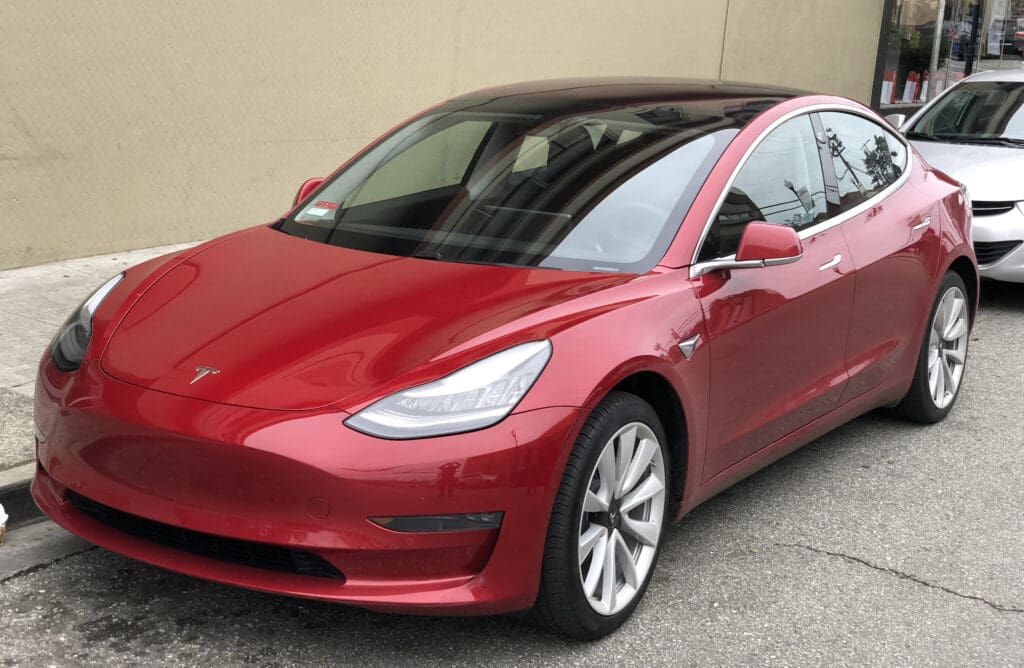
Many automakers, particularly Tesla, would have preferred if fully self-driving cars were a reality by this point. After all, we’re now halfway through the 20s, and there’s no sign of autonomous commercial vehicles or personal cars. What gives? Why is this taking longer than expected?
Computers Aren’t That Smart

Computers are great for rote calculations and can do anything you can program them to do. Unfortunately, it’s very difficult to program something to respond to fluid, ever-changing stimuli. Human intelligence is so vastly complex that there’s no computer system on the planet that stands the slightest chance of measuring up to it. No, seriously!
Millions of Decisions
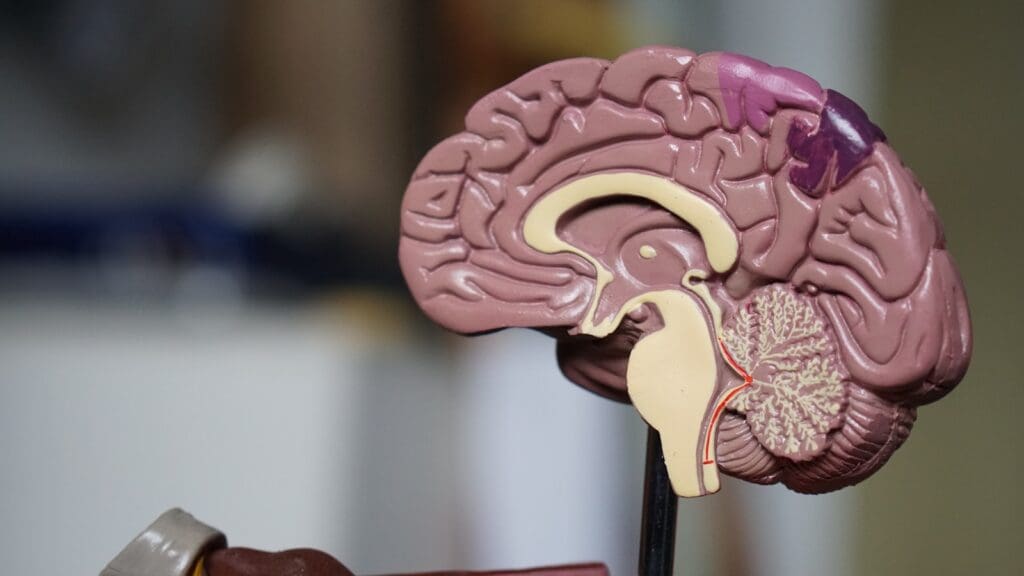
Imagine a computer that can make millions of decisions every minute. When presented with ever-changing stimuli, the system consistently makes the safest choice and continues to avoid danger. Such a system would have to be so advanced that it would consume absurd amounts of power and be running millions of calculations per second. Well, that’s what your brain does!
Driving is Complicated
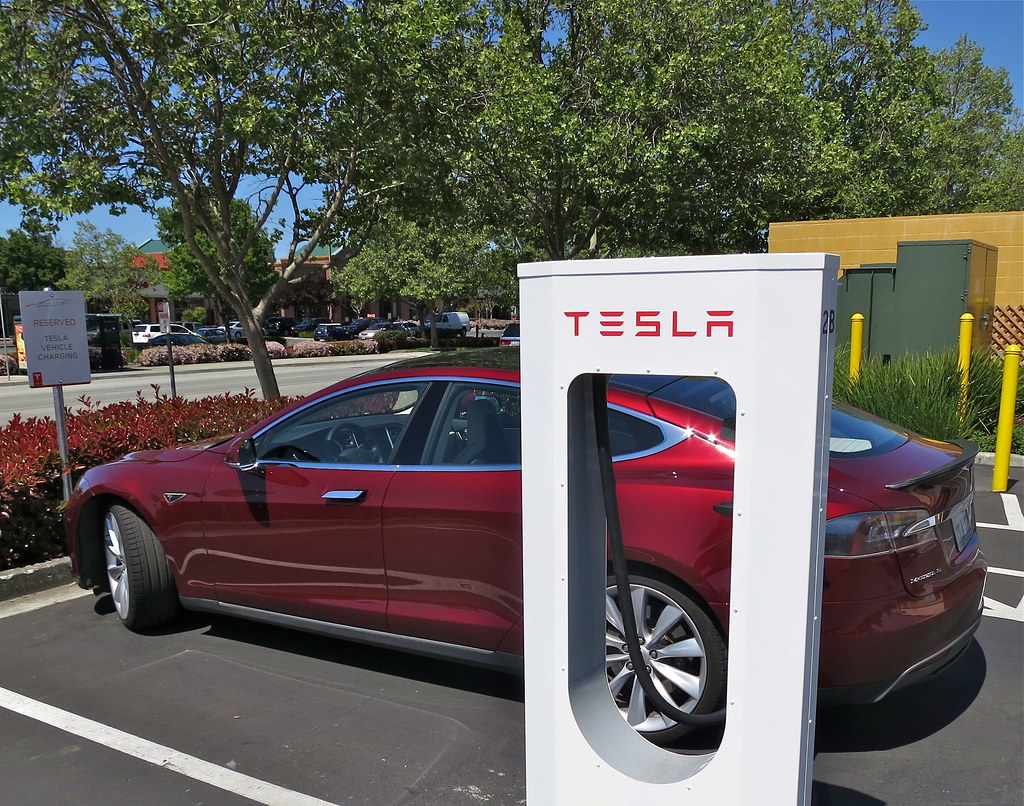
So, with that thought experiment over, consider self-driving cars again. Sure, it’s one thing to program a computer to accelerate up to a set speed and to brake when it detects other cars. But how do you teach something how to safely navigate a crowded city street? There are so many variables that it becomes a programming nightmare, meaning automakers will have to rely on AI learning models. And that costs a lot of money—and consumes a lot of energy.
Testing is Tricky

Beyond this, self-driving programs need to be tested in complicated, real-world scenarios. However, that also means exposing people to untested software that can pilot large, fast-moving hunks of metal. The average person isn’t okay with being sacrificed to an autonomous car beta test if something goes wrong, which brings us to our next stumbling block.
Regulatory Concern
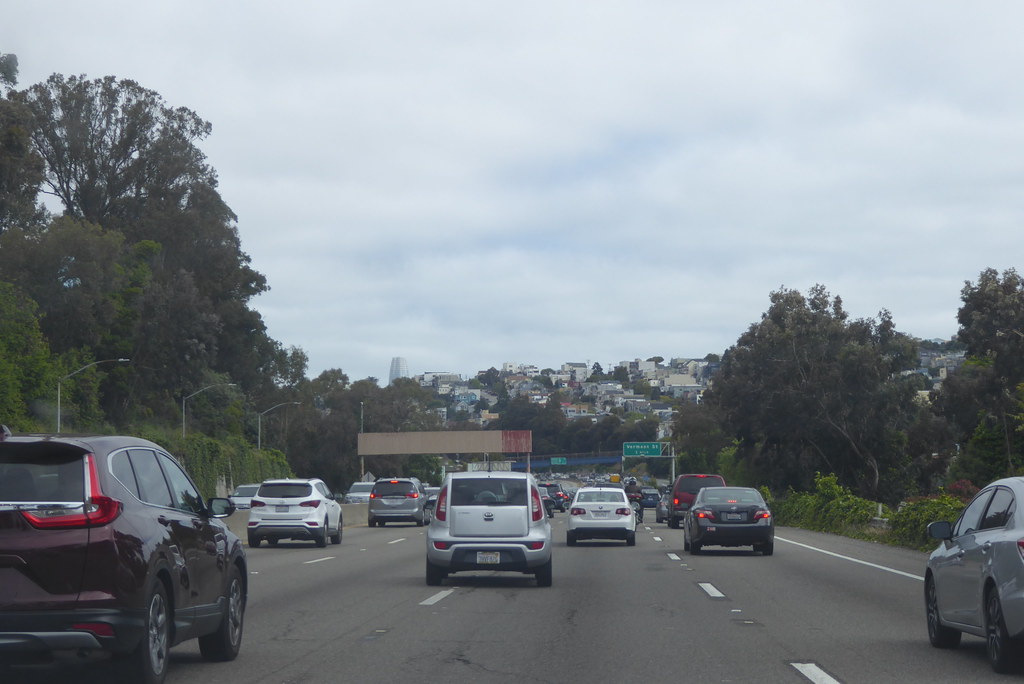
Beyond just the bottleneck of the technology required to make self-driving cars even work, there’s a lot of work still to be done regarding regulation. How does the government crash-test for a self-driving car? What kind of tests need to be done to ensure the software is up to regulators’ specifications? Who’s responsibility is it to keep a vehicle’s self-driving detectors clean and functional?
Legal Issues

Moreover, what happens if a self-driving car gets into a car accident? Automakers want to have it both ways, saying their self-driving programs are huge selling points for the car but then arguing that drivers would be responsible for any accidents the car gets into while being steered by manufacturer-owned software. That doesn’t pass muster for many legal scholars or customers.
Insurance Concerns

Going further still, who is responsible for the insurance bill if a self-driving car gets into an accident? A failure of the software leading to the vehicle colliding with someone would be the automaker’s fault, right? Well, manufacturers argue this would also be on the driver and that it should be ruled their fault. That’s a huge concern for insurance companies, as it could open up some very tricky legal cases.
Read More: These Are the 15 Safest Cars of 2024
Societal Acceptance

Broadly speaking, these complicated issues have soured the general public on the idea of self-driving cars. While manufacturers point to the software’s relative safety when compared to human drivers, people just aren’t willing to accept anything less than perfection from an automated driving system.
Read More: 5 Reasons You’ll Regret Buying a ‘Smart’ Appliance
Is it Even Worth it?
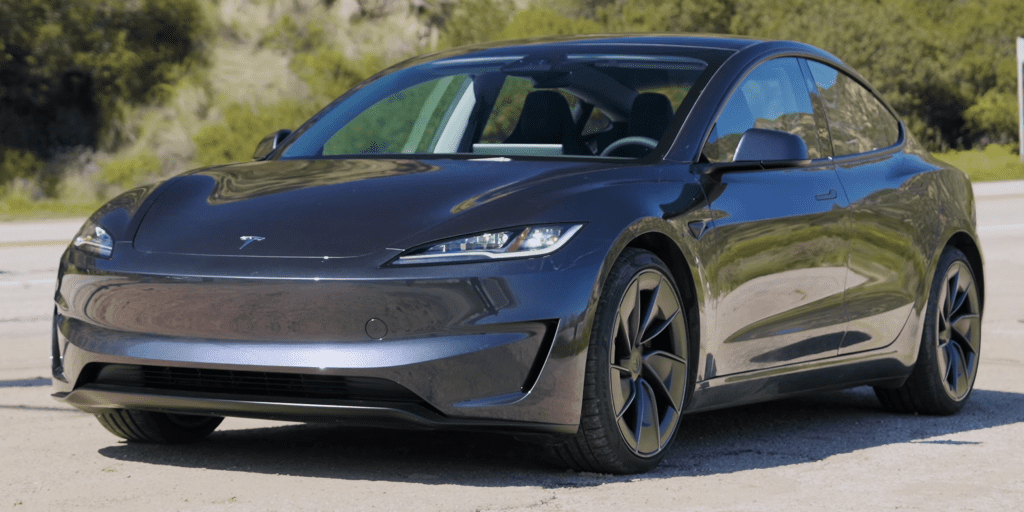
At a certain point, people might question whether creating a self-driving car program is even worth it. What’s the point of such technology? Is it just to say “we did it” and then keep driving ourselves? Proponents of the technology argue it would be enabling for people who currently can’t otherwise drive themselves, that reality seems to be a good distance off. Some estimates now put the date for full self-driving around 2035, though, given recent developments, it could be even longer than that.
Read More: From Fiction to Fact: 10 Weird Sci-Fi Tech That Became Real








